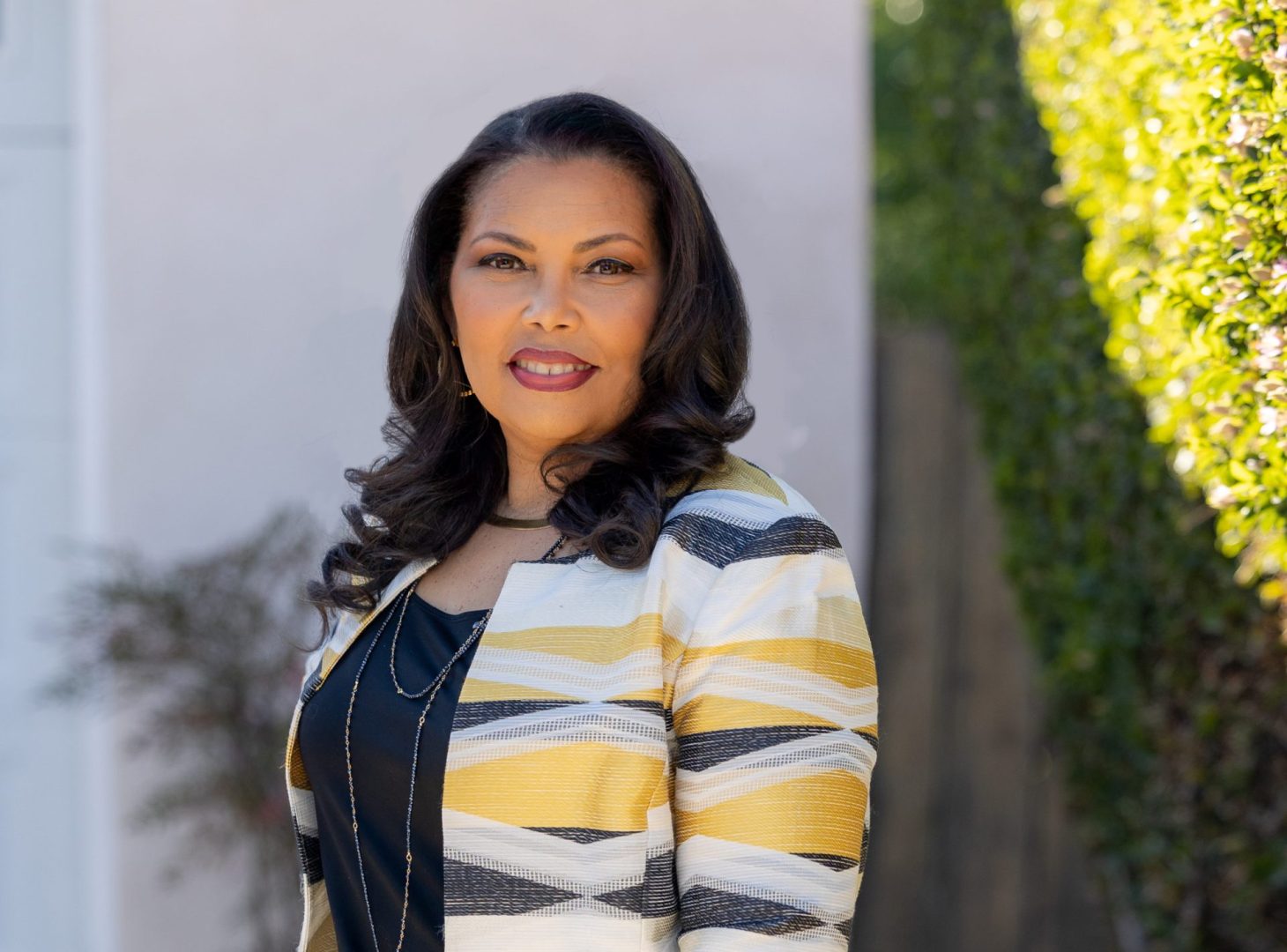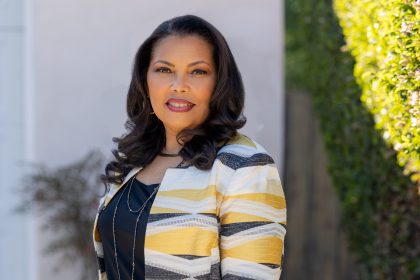Sarah R. Harris brings more than 25 years of experience as both a Black Business Association member and business owner to her groundbreaking role as the first female president and CEO of the Black Business Association. Her expertise in strengthening financial opportunities for Black-owned businesses has established her as a trusted community leader in the Los Angeles area.
U.S. Bank has played an instrumental role in making Harris’s mission at the BBA successful. Specifically, U.S. Bank has provided capital solutions, educational resources and technical assistance. Harris says that’s “very important” because small businesses are busy doing their day-to-day work, just trying to survive.
“They empower our members through financial literacy workshops and funding programs, and they also provide one-on-one advising, and they help our members build strong banking relationships,” Harris said. “It’s been a pleasure and honor working with U.S. Bank.”
Harris recommends several resources for entrepreneurs to explore that will help them strengthen their financial foundations. U.S. Bank provides some of the resources she recommends.
“We talk about a lot about access to capital being one of the greatest disadvantages sometimes to underserved businesses, but there are a lot of resources out there,” Harris said.
Harris also supports exploring SBA-backed loans that are very favorable to small businesses.
“I know that U.S. Bank is a lending partner with [SBA loans], and a lot of times there’s flexible repayment terms,” she said. “Then you have minority business grant opportunities, like through the government and foundations and other resources. And as the Black Business Association, we stay in constant contact so we can be a continuous resource of information.”
Community Development Financial Institutions (CDFIs) also are a resource, providing funding to small businesses.
“These are usually the most favorable and flexible for small businesses,” Harris said. “So, here in California, we have a PCR — Pacific Coast Regional Business Finance. There are others like Vermont Slauson Economic Development Corporation and some others that you can tap into. If you are not quite ready, they help get you ready, and then when they get you ready, it can be much more favorable than traditional avenues. So, those are some of the ways that you can have access to capital.”
Harris has three pieces of advice, gleaned from her experience as a business owner and advocate, that entrepreneurs should adopt to improve their banking relationships and to get on board with institutions like U.S. Bank.
“We need to maintain proper financial records. It’s always important to stay ready to be ready,” she said. “You don’t want to be caught in a mode where there’s an opportunity, and you’re not ready. Maintaining proper financial records will keep you well documented — financial statements, including your profit-and-loss reports, balance sheets, tax filings, so that you can have a clear picture of what your financial position looks like.”
“Build and maintain your business credit,” Harris said. “We often think about our personal credit, which is very important, because oftentimes a lot of things rely on our personal credit, but it is extremely important about your business credit as well.
“Then developing strong relationships with a banker. It is vitally important to go into the bank. A lot of times with apps and ATMs, we don’t have a reason to step inside. If you’re at a networking event, take the time out to really make that connection with your banker because you want them to understand you as a business owner, what you do, and also to update them about what’s going on with you.”
















